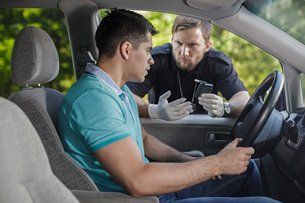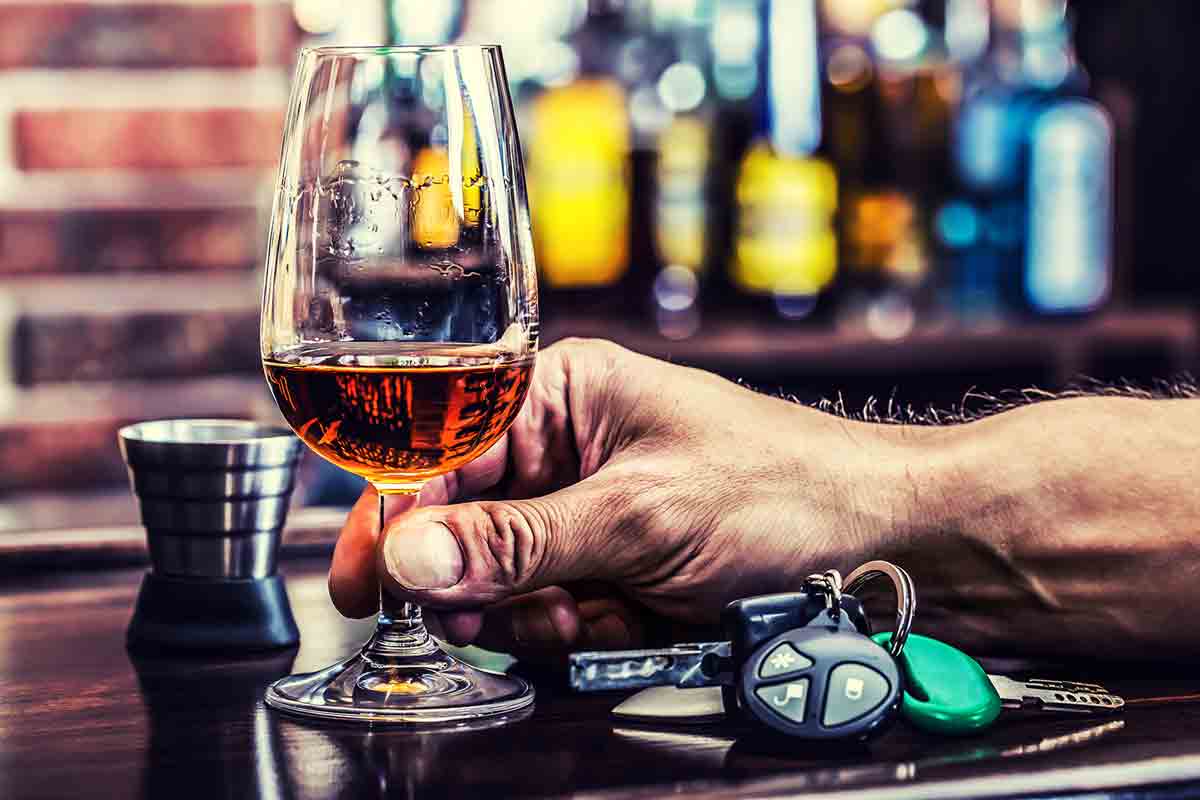3 Things to Know About DWI Charges in North Carolina
Admin • January 6, 2017

Facing a driving while impaired (DWI) charge is frightening and overwhelming, and it can have serious consequences. If you have a DWI charge, you should not try to handle it alone. North Carolina has strict laws when it comes to driving with impaired, and you will need a good DWI lawyer to help you through your case. Here are three important things to understand about DUI charges in North Carolina.
North Carolina Has Strict Laws
If you get caught drinking and driving in North Carolina, you will likely face harsh penalties, especially if you have prior DWI charges on your record.
For the police to arrest you and charge you with a DWI, your blood alcohol concentration (BAC) must register 0.08 percent
or higher. It's important to realize that you can get charged with a DWI even if you are not actually driving your car.
For example, you can get a DWI charge if you are prepared to drive, such as sitting in your car with the engine running. You can also receive a DWI charge if the police catch you with open alcohol containers in your vehicle.
The Consequences You Might Face
People charged with DWI in North Carolina face steep consequences, and these depend on numerous factors, such as your age, your criminal history and the facts related to the case.
The first consequence you might face is large fees, and there are multiple types of DWI fees are often very costly. The fees can include court fees and attorney fees, but you might also have to pay other types of fees, for example, if you lose your case, then there is a fine or a fee as well.
For first offenders the fee is between $200 and $4,000. In North Carolina, the BAC rules
get harsher for repeat offenders.
A second consequence is a loss of driving privileges. The court may revoke your driving privileges, and this penalty can last for years depending on the situation. You could also be sentenced to jail time.
In addition, you might have to complete a certain number of hours performing community service, and the court could require that you take a substance abuse class.
One other consequence of a DWI charge is being required to install an ignition interlock device. This is device is installed in your car, and the device requires you to blow into it before you can start the car. If it detects alcohol on your breath, it will lock your car's ignition.
The Role of an Attorney
When you hire an attorney for help, one of the primary goals they have is to help you get the charges reduced, however, there is also a chance the court might drop the charges or find you innocent if you go through a trial. Here are the main options your lawyer might suggest using to help you in your case:
- Go to trial – When the court convicts you of a crime, you have the right to a trial. Your lawyer will suggest this option if you have evidence that either proves you are innocent or that would cause the jury to have enough reasonable doubt to produce an innocent verdict.
- Take a plea agreement – Courts often offer plea bargains to people charged with crimes. If the court offers one, they will reduce your charges if you agree to plead guilty to the reduced charges.
- Ask the court to drop your charges – If you have enough proof that you did not break the law or that the police handled the arrest illegally, your lawyer might suggest asking the court to drop the charges.
It's important to avoid offering guilt for the crime until you speak to a lawyer and get advice on how to proceed.
You should never attempt to represent yourself in any type of crime, especially if it relates to a driving while impaired offense. Contact Barrett & Howell Attorneys at Law if you need advice, help and representation for your case. We have experience with all types of driving charges and can help you through your case to try to obtain the best results for you.

 Serving the Entire Raleigh Area
Serving the Entire Raleigh Area 919-833-2561
919-833-2561















